Take-home food sales slumped in a month where inflation hit levels not seen since 2009, leaving millions of customers ’struggling’ to make ends meet.
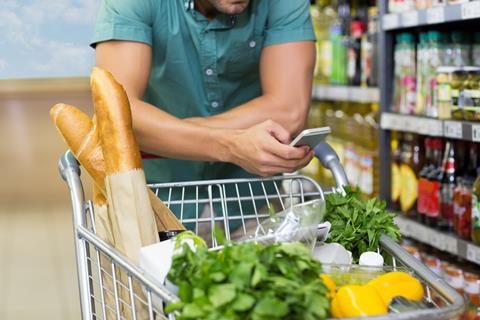
Food sales slumped 4.4% in the 12 weeks to May 15 as surging inflation left customers “feeling the pinch at supermarket tills”, according to the latest grocery market share data from Kantar.
On a like-for-like basis, food prices surged 7% in the period – the highest levels of inflation seen since May 2009 – as the shocks to the global supply of wheat, maize and vegetable oil from the Russian invasion of Ukraine continue to feed into the wider cost-of-living crisis.
As a result, a recent Kantar survey found that 22% of UK households are “struggling” to make ends meet, with the rising price of everyday essential groceries registering as a concern for 90% of consumers.
“People are really feeling the squeeze at the supermarket tills and they’re having to stretch their budgets further to accommodate rising prices,” said Kantar head of retail and consumer insight Fraser McKevitt.
“To put the most recent numbers into context, if you were picking up supplies for a family fry-up over the long weekend, with toast, eggs, sausages, bacon and beans it would cost you £6.83 – that’s a significant 40p increase on last year.”
Despite the gloom, McKevitt predicted that the coming platinum jubilee bank holiday weekend would bring “bumper grocery sales” as consumers look to celebrate with friends and family at home.
“With a four-day bank holiday weekend on the horizon, we’re expecting people to celebrate with friends and family. Looking back at the diamond jubilee in 2012, we saw a 10% boost in supermarket sales during the week leading up to the festivities.
“We should never underestimate the appetite for a party, especially a royal one.”
Aldi and Lidl hit new heights
In terms of market share for the period, discounter Lidl was the fastest-growing grocer over the period, hitting a record market share high of 6.9%.
Lidl’s sales jumped 6.2% in the 12-week period, marginally outstripping discounter rival Aldi, which reported a 5.8% sales increase.
Aldi also hit a record market share figure of 9% for the period, an increase of 0.9 percentage points on 2021.
Tesco performed ahead of the wider market, increasing its share by 0.4 percentage points to 27.4%. This is the 17th month in a row Britain’s largest supermarket has gained share, its longest streak since 2007. Sainsbury’s, the second-largest grocer, sits at 14.8%.
Meanwhile, Asda, which has reintroduced its discounts for NHS and emergency workers, accounts for 13.8% of the total market. Morrisons sits fourth in the grocery listings with 9.5% of the market.
Iceland’s share remained steady at 2.3%, the Co-op at 6.1% and Waitrose at 4.9%, while online specialist Ocado holds 1.7% of the market.
- Get the latest grocery news and analysis straight to your inbox – sign up for our weekly newsletter


















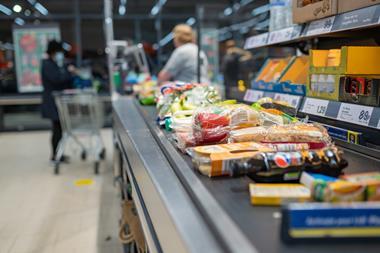
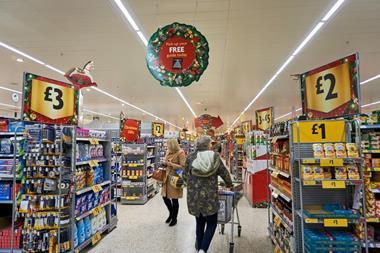
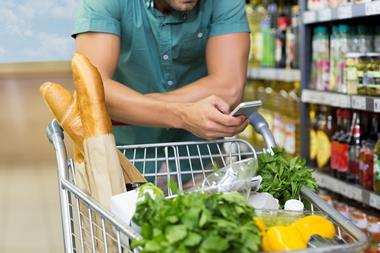
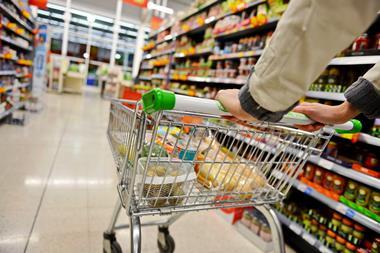
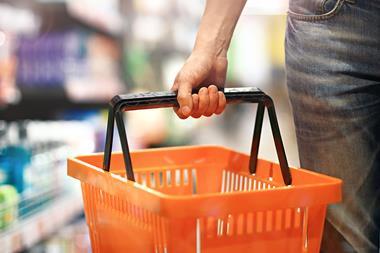
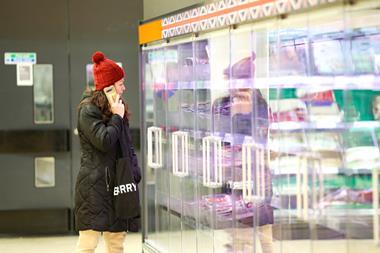
No comments yet